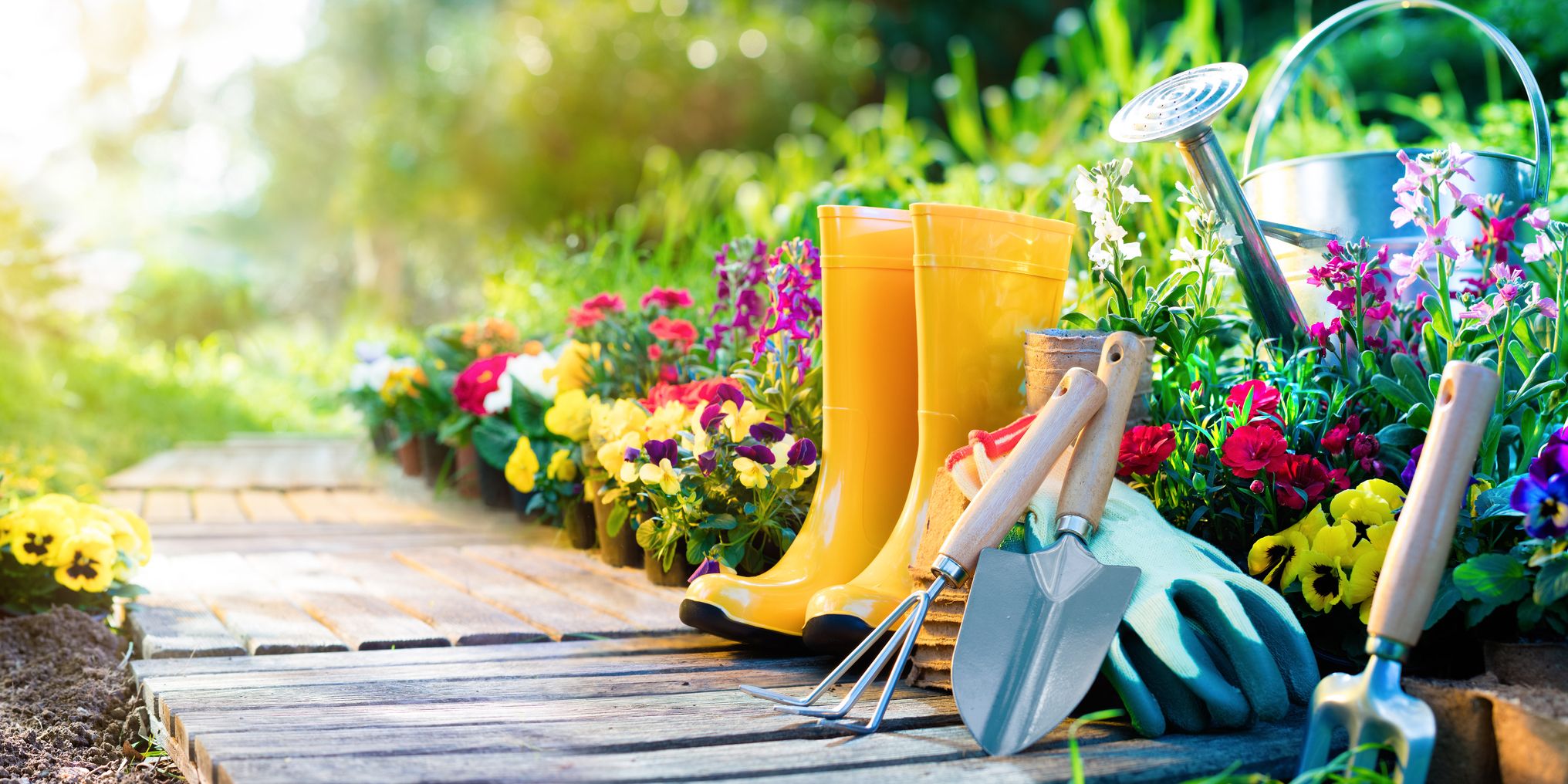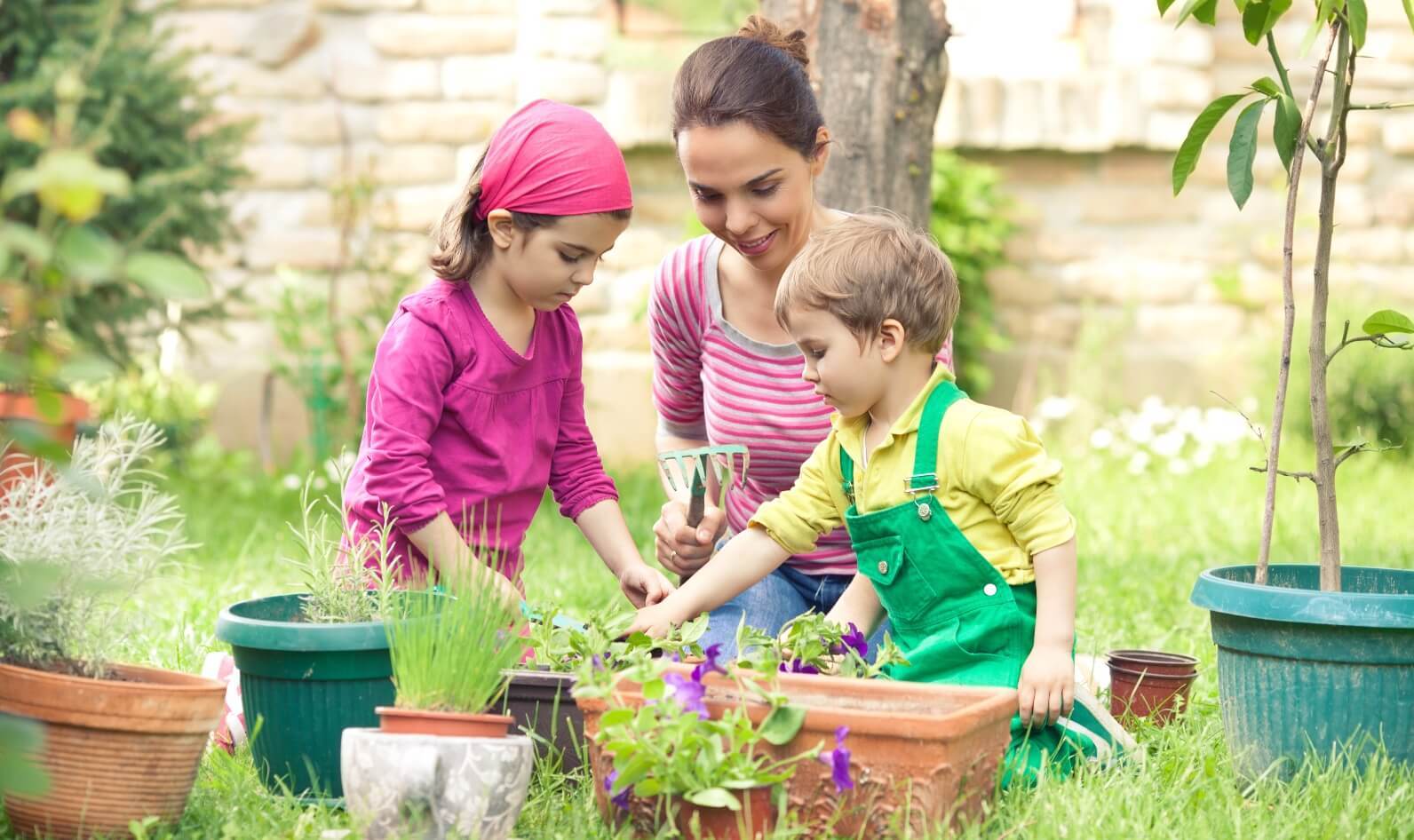Sustainable Gardening Practices for an Eco-Friendly Garden
Sustainable Gardening Practices for an Eco-Friendly Garden
Blog Article
Opening the Conveniences of Horticulture: A Thorough Look at the Different Kinds and Their Influence On Well-Being
Checking out the diverse advantages of gardening discloses a spectrum of practices that considerably improve individual health. As we examine these varied gardening techniques, it ends up being evident that their influence can resonate on individual, social, and ecological levels, prompting a better look at how these links form a cohesive narrative of alternative health and wellness.
Types of Horticulture

Flower gardening, an additional popular classification, emphasizes the visual charm of cultivated blossoms. This type can enhance landscapes and advertise biodiversity by bring in beneficial pollinators. In a similar way, natural herb gardening entails expanding fragrant and culinary plants, adding both to food preparation and natural solutions.
Container gardening offers convenience, making it possible for individuals with minimal space to engage in gardening by utilizing pots and planters. This approach is especially prominent in metropolitan settings. Elevated bed gardening, on the various other hand, includes developing raised plots that boost soil water drainage and availability, making it simpler for gardeners to handle their plants.
Finally, area gardening promotes collaboration amongst individuals in common areas, advertising social interaction and collective duty. Each kind of gardening serves unique purposes and satisfies various choices, making gardening a versatile activity that can be customized to individual requirements and atmospheres.
Mental Wellness Advantages
Taking part in different kinds of horticulture not only yields concrete incentives such as fresh fruit and vegetables and lovely blossoms but likewise offers considerable psychological wellness advantages. Research suggests that gardening can be an effective tool for minimizing stress and anxiety, anxiety, and clinical depression. The act of often tending to plants and growing a yard cultivates a sense of objective and accomplishment, which can boost overall emotional well-being.
Furthermore, gardening motivates mindfulness, as it requires people to concentrate on the existing minute, whether it be growing seeds or supporting development. This mindfulness method can cause reduced rumination and enhanced mood security. The direct exposure to natural settings throughout gardening has also been linked to enhanced cognitive functioning and reduced sensations of fatigue.
Social communication plays an important function in mental health and wellness, and community view publisher site gardening initiatives provide opportunities for people to get in touch with others, fostering a feeling of belonging. The common experience of gardening can cultivate relationships and assistance networks, even more boosting psychological durability.
Physical Wellness Advantages
Numerous individuals might not realize that horticulture additionally offers significant physical wellness advantages. Engaging in horticulture tasks requires a series of physical activities, consisting of bending, lifting, digging, and planting, which collectively contribute to better strength, adaptability, and endurance. These activities can enhance cardiovascular wellness by promoting an elevated heart price, thereby lowering the risk of cardiovascular disease.
Moreover, gardening can offer as a moderate-intensity exercise, assisting people accomplish suggested physical task degrees. Research studies indicate that regular involvement in horticulture can burn substantial calories-- roughly 200-400 calories per hour, depending upon the strength of the jobs performed. Such calorie expenditure is advantageous for weight management and overall metabolic wellness.
Furthermore, exposure to sunlight during horticulture can facilitate the synthesis of vitamin D, which plays a necessary duty in maintaining bone health and sustaining immune feature. The act of gardening frequently involves functioning with soil, which has been linked to potential psychological and physical wellness benefits due to the presence of advantageous microorganisms.
Social Links Via Horticulture
The communal aspects of gardening foster purposeful social links among individuals. Community gardens, particularly, work as lively hubs where people from varied backgrounds come together, growing not just plants yet likewise partnerships. These shared spaces urge partnership, allowing people to trade knowledge, abilities, and resources, therefore improving their gardening experience and cultivating a sense of belonging.
Interaction in gardening activities frequently brings about the development of friendships and assistance networks. Participants regularly unify for common objectives, such as planting periods, harvest celebrations, or instructional workshops, which strengthen interpersonal connections and create a sense of community. Such communications can relieve sensations of seclusion and boost psychological well-being, as individuals discover companionship and sociability in shared undertakings.

Environmental Influence of Gardening
Horticulture substantially contributes to ecological sustainability in multiple means. Home gardens give important environments for different varieties, including pollinators such as and butterflies, which are necessary for environment health.

Furthermore, gardens play an essential role in water preservation. Well-planned landscapes, including native plants and xeriscaping, reduce water usage and avoid runoff, consequently securing local rivers from contamination.
Conclusion

In final thought, horticulture functions as a complex activity that improves health across numerous domains. The varied types of horticulture-- consisting of veggie, flower, herb, container, and elevated bed-- contribute to psychological and physical health, foster social connections, and advertise environmental sustainability. By involving in horticulture practices, individuals can experience improved top quality of life while likewise sustaining community bonds and environmental wellness. Ultimately, the all natural benefits of gardening emphasize its importance as an essential component in boosting total well-being.
Report this page